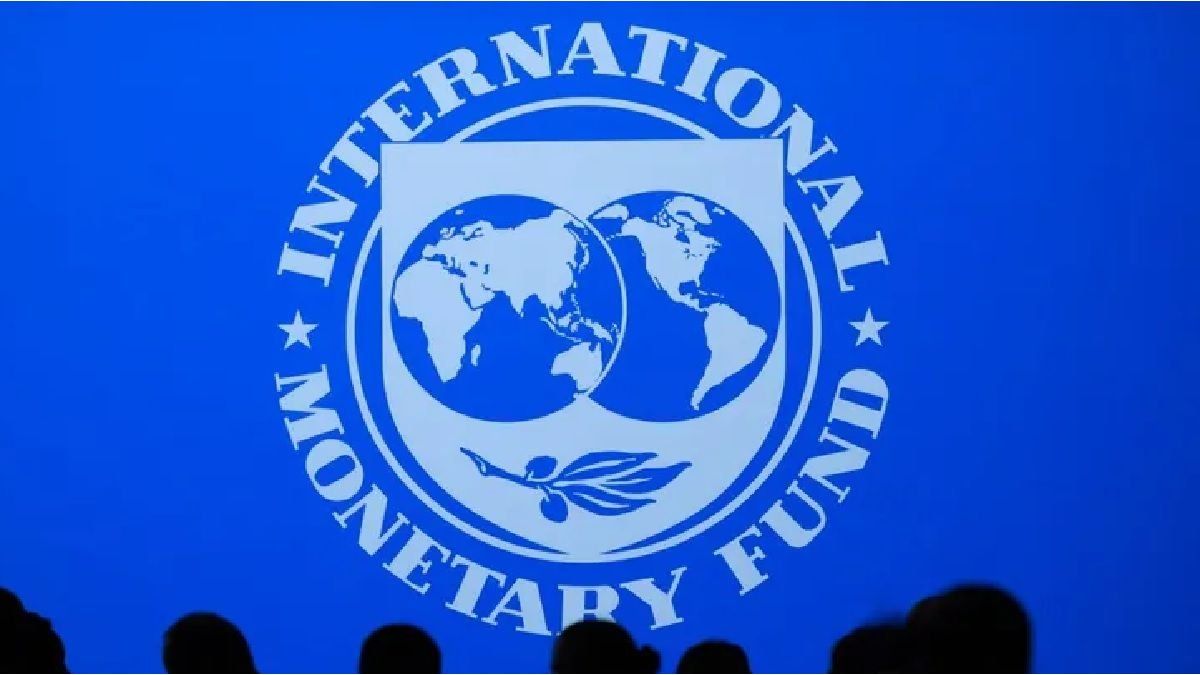The project of omnibus law sent to Congress by the Executive Branch “has significant tax implications, or there are aspects of this bill that do have significant tax implications. And as such, we hope that the authorities will continue to generate political support to advance key aspects of this bill.. This was stated by the spokesperson of the International Monetary Fund (IMF), Julie Kozackwithin the framework of a press conference offered this Thursday morning in Washington, an opportunity in which he once again raised the back from the multilateral organization to the president’s program Javier Milei.
In this regard, in radio statements, the president said “We are optimistic. I think the numbers are there for everything to happen as expected, we believe that everything will work out.” (in reference to the omnibus law).
Kozack began his presentation by recalling that the technical staff of the IMF reached an agreement with the Argentine authorities that, if approved by the Board of Directors (at the end of January) would allow obtaining a disbursement of US$4.7 billion that will cover the maturities with the organization until April, as announced by the Minister of Economy, Luis Caputo.
What does the new agreement with IMF imply?
The statement released about the agreement explained that Argentina is committed to a severe fiscal adjustment, with a primary surplus of 2% for this year, but – strikingly – the inflation and GDP variation projections for 2024 were not recorded.
Ambit asked about these estimates and Kozack’s response was that “will be provided in the (technical) staff report to be presented to the Executive Board and eventually published”. The inflation data, in particular, is considered important by analysts since they consider the evolution of the indices in the first months of the year to be key to sustaining the government’s exchange and monetary strategy.
Julie Kozack.jpg
The President maintained that “If inflation is close to 25%, success is tremendous.” The inflation data for the City of Buenos Aires -21.1%- plus other private estimates that accounted for a recent slowdown in price increases, generate a favorable expectation in the Casa Rosada.
This medium also consulted about the possibility of a meeting between President Milei and the head of the IMF, Kristalina Giorgieva within the framework of the World Economic Forum meeting that will take place next week in Davos (Switzerland). Although the spokesperson did not respond to this specific point, It is not ruled out that Milei could have an informal meeting with Giorgieva and her second, Gita Gopinath.
In this regard, it should be noted that, as anticipated Ambit, Gopinath contacted President Milei to offer to accompany the mission that visited the country, as a show of support. This offer was appreciated by the president, but he considered that it was not necessary and that, in any case, the opportunity to meet would be after technical understanding.
What were the understandings with the IMF mission?
The spokesperson pointed out that between the Argentine authorities and the technicians “understandings were reached on a strengthened set of policies that aim to restore macroeconomic stability and get the current program back on track”.
Kozack stated that, during the previous government, “the key objectives of the program were not achieved by wide margins due to the serious political setbacks that occurred in the last quarters of 2023.”
He stressed that “The new administration is already implementing an ambitious stabilization plan. This plan is based on a large initial fiscal consolidation, actions to rebuild international reserves, correct relative price imbalances, strengthen the Central Bank’s balance sheet and create a simpler, rules-based and market-oriented economy.
He also considered “very important to note that the agreed package includes an increase in social assistance to protect the most vulnerable in the Argentine economy.”
Regarding monetary policy, he considered that “is evolving to support money demand and also disinflation. “The authorities are committed to ending Central Bank credit to the government and at the same time strengthening the Central Bank’s balance sheet.”
He also considered that “Argentina is moving towards a more market-based exchange rate regime, abandoning administrative controls on imports and addressing in an orderly manner the over-indebtedness associated with importers. And they are doing it in a way that does not increase Argentina’s vulnerabilities.”
After the agreement reached with the IMF, the market reaction was favorable. Financial dollars gave way and the country risk fell.
Source: Ambito




